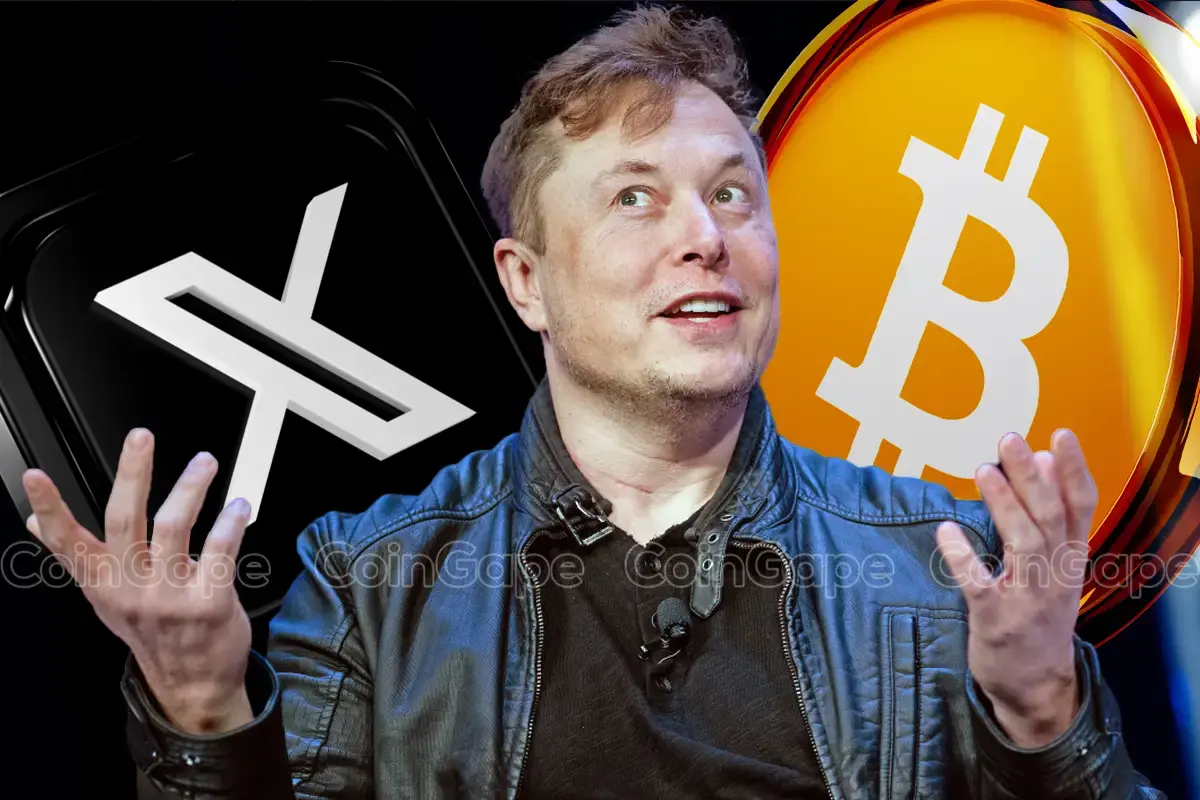As companies race to innovate with quantum computing, Elon Musk has probed Bitcoin’s safety in the near term from emerging risks. Musk’s AI chatbot Grok disclosed that Bitcoin will remain impervious to quantum computing threats till the end of the decade.
Quantum Computing Will Not Crack Bitcoin In This Decade
World’s richest man Elon Musk has allayed fears of quantum computing innovation breaking SHA-256, the cryptographic algorithm at the core of Bitcoin’s mining process. In an X post, in response to IBM’s strides in quantum computing, Elon Musk asked Grok to gauge the odds of the technology cracking the SHA-256 cryptographic algorithm.
Grok replied to Elon Musk’s query that “Bitcoin’s hashing remains secure for now” with the probability of quantum computing cracking SHA-256 over the next five years pegged at nearly 0%. However, Grok adds that the probability will rise but will remain under 10% by 2035 at the current pace of innovation.
@grok estimate the probability of quantum computing cracking SHA-256
— Elon Musk (@elonmusk) August 2, 2025
Despite the slight increase in odds, Grok noted that bad actors will require millions of error-corrected qubits to breach Bitcoin’s cryptographic system. At the moment, current systems from Google and IBM have demonstrated early stages of error correction, with full error correction still years away. While some speculative claims of the Google Willow Quantum chip breaching Bitcoin’s security have previously sparked concerns, the consensus is that a real threat is at least 10-20 years away.
Grok hinged its answer on the 2025 NIST paper and other studies conducted by IBM. Meanwhile, IBM is eyeing a raft of quantum computers in the coming years, with the most powerful being the IBM Quantum Blue Jay retrofitted with 2,000 logical qubits, expected in 2033.
Bracing For Impact Amid Rapid Innovation
While Elon Musk’s Grok has eased fears in the short term, Bitcoin developers are taking several proactive steps to remain ahead of the curve. For starters, developers are exploring quantum-resistant cryptographic algorithms amid a raft of Bitcoin Improvement Proposals (BIPs) to transition the network away from legacy systems.
Meanwhile, Ethereum is also bracing for quantum threats in the coming years. Last week, developers unveiled the 10-year lean plan to make Ethereum quantum-resistant while improving transaction speeds.
Amid the conversation about quantum threat, Bitcoin is picking itself up after a torrid market crash that saw it trade under $112,000 over the last day. At press time, the leading cryptocurrency is trading at $113,974 while Ethereum is holding the $3,500 mark.
Investment disclaimer: The content reflects the author’s personal views and current market conditions. Please conduct your own research before investing in cryptocurrencies, as neither the author nor the publication is responsible for any financial losses.
Ad Disclosure: This site may feature sponsored content and affiliate links. All advertisements are clearly labeled, and ad partners have no influence over our editorial content.


✓ Share: